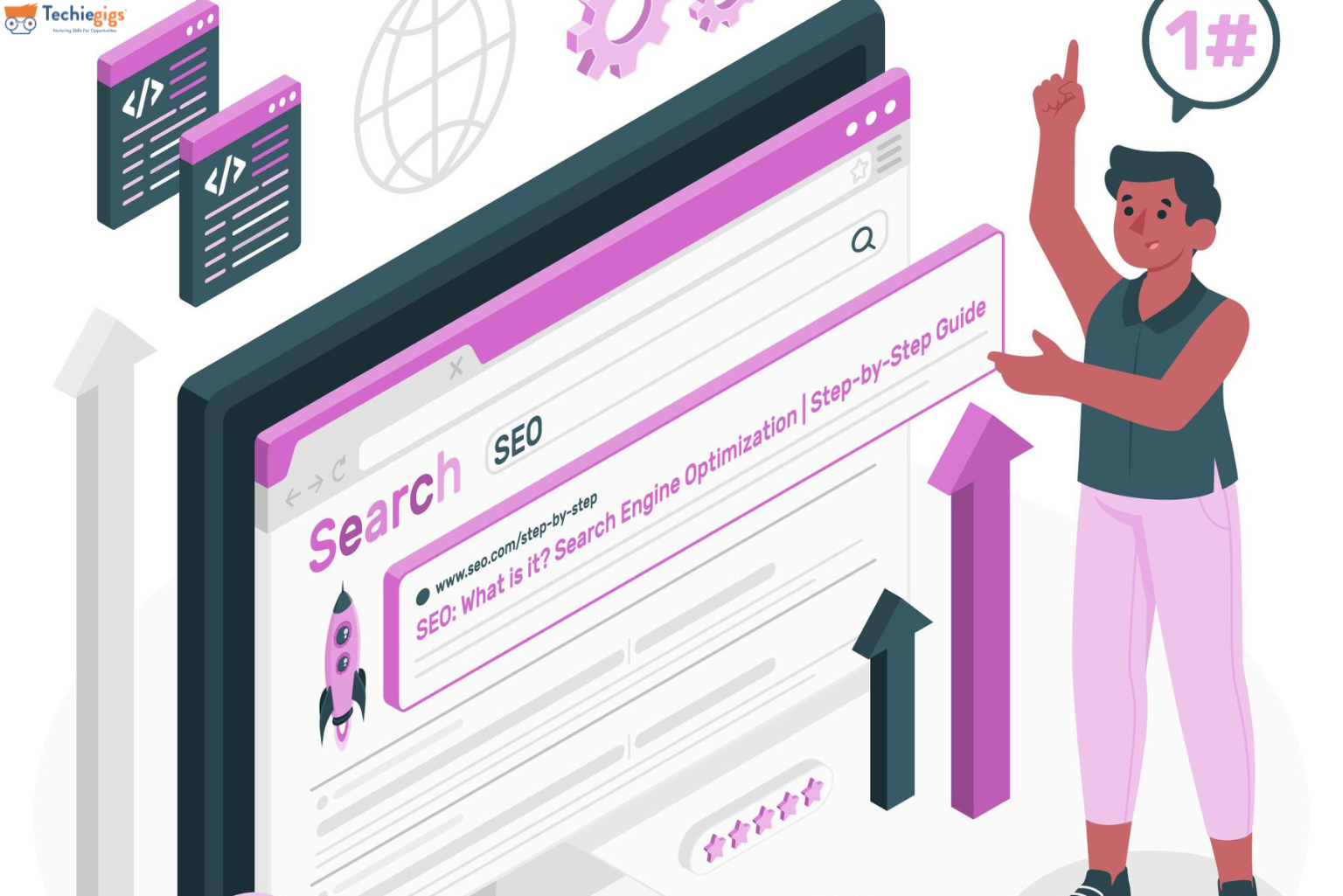In the realm of search engine optimization (SEO), crafting effective page titles and meta descriptions is a fundamental skill. These elements play a pivotal role in determining your website’s click-through rate (CTR) from search engine results pages (SERPs) and can significantly impact your site’s overall SEO performance.
In this comprehensive guide, we’ll explore the best practices and strategies for writing compelling page titles and meta descriptions that improve your website’s search engine rankings and entice users to click through to your content.
Understanding the Importance of Page Titles and Meta Descriptions
Before we delve into the best practices, let’s understand why page titles and meta descriptions are so critical in the realm of SEO:
First Impressions Matter: Your page title and meta description are often the first things users see when your website appears in search results. They serve as a snapshot of your content, making a strong initial impression.
Improved CTR: Well-crafted titles and descriptions can significantly boost your click-through rate. When users find your snippet enticing and relevant to their search query, they are more likely to click on your link.
Keyword Optimization: Page titles and meta descriptions allow you to include target keywords, which can improve your content’s relevance to search engines.
Increased User Engagement: By aligning your titles and descriptions with user intent, you can attract a more engaged audience, leading to longer time spent on your site and potentially better rankings.
Now, let’s explore the best practices for writing page titles and meta descriptions that deliver results:
Writing Effective Page Titles
Be Descriptive and Relevant:
- Your page title should accurately describe the content of the page.
- Make it clear to users what they can expect to find on the page.
- Ensure the title aligns with the user’s search intent.
Keep it Concise:
- Google typically displays the first 50-60 characters of a title tag. Aim to keep your titles within this range.
- Front-load essential keywords and information in the title.
Include Target Keywords:
- Incorporate relevant keywords that reflect the topic of your page.
- Avoid keyword stuffing – focus on natural, user-friendly titles.
Unique Titles:
- Each page on your website should have a unique title.
- Duplicate titles can confuse search engines and users.
Add Branding (When Applicable):
- Consider including your brand in the title if it is well-known or recognized.
- This can help build brand awareness and trust.
Use Pipes or Hyphens:
- Separators like pipes (|) or hyphens (-) can make your titles more readable and visually appealing.
Test and Analyze:
- Experiment with different title variations and measure their impact on CTR and rankings.
- Tools like Google Search Console and SEO analytics platforms can provide valuable insights.
Crafting Engaging Meta Descriptions
Be Compelling and Informative:
- Meta descriptions should provide a concise summary of the page’s content.
- Engage users by highlighting the value they’ll gain from visiting your page.
Match User Intent:
- Ensure that the meta description aligns with what the user is likely searching for.
- Address their pain points or questions.
Limit the Length:
- Google typically displays up to 155-160 characters for meta descriptions.
- Aim to stay within this limit to prevent truncation in search results.
Include a CTA (Call to Action):
- Encourage users to take a specific action, such as “Learn More,” “Get Started,” or “Download Now.”
- Make it clear what the next step should be.
Highlight Benefits:
- Mention any unique selling points or benefits of your content, product, or service.
- Explain why users should choose your page over others.
Avoid Duplicate Meta Descriptions:
- Like page titles, each meta description should be unique to its corresponding page.
- Duplicate meta descriptions can be detrimental to SEO efforts.
Use Schema Markup:
- Utilize schema markup to enhance the appearance of your search result with rich snippets, like star ratings or product information.
Mobile Optimization:
- Keep in mind that mobile users may see shorter meta descriptions due to screen size limitations.
- Ensure your description remains compelling, even in a condensed format.
Practical Tips for Page Titles and Meta Descriptions
Prioritize the Most Important Information:
- Place the most critical information at the beginning of your title and meta description.
- This ensures users quickly grasp the essence of your page.
Conduct Keyword Research:
- Thorough keyword research can uncover valuable long-tail keywords to incorporate into your titles and descriptions.
- Tools like Google Keyword Planner and SEMrush can assist in finding relevant keywords.
Monitor SERP Changes:
- Regularly check how your titles and descriptions appear on search engine results pages.
- Make adjustments if Google changes the character limits or formatting.
Stay User-Centric:
- Always prioritize the user’s experience when crafting titles and descriptions.
- Write content that fulfils their needs and expectations.
A/B Testing:
- Experiment with different titles and descriptions to determine which versions drive better results.
- Monitor CTR and other relevant metrics.
Conclusion
Page titles and meta descriptions are not mere technical aspects of SEO; they are your website’s ambassadors to the digital world. Crafting compelling, user-centric titles and descriptions can significantly impact your site’s visibility, click-through rate, and overall SEO performance.
By following the best practices outlined in this guide and remaining adaptable to changes in search engine algorithms, you can enhance your website’s presence in search results and ultimately provide more value to your audience. Remember, effective SEO is a continuous process of improvement and optimization.






